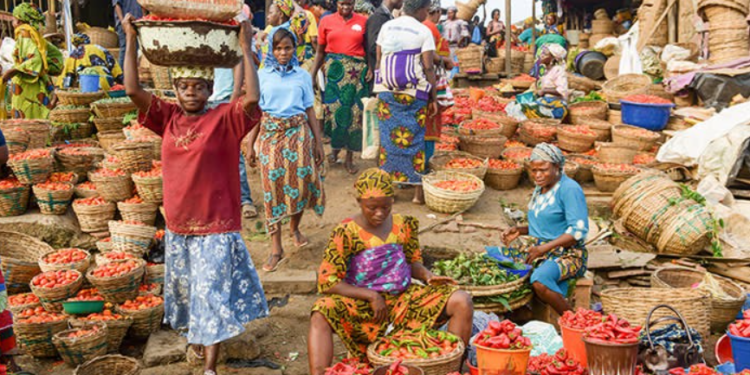
By David Akinmola
Nigeria may face a deepening food crisis in 2026 as frustrated farmers warn they could abandon food production due to mounting post-harvest losses, rising costs and inadequate storage infrastructure.
Farmers across key agricultural belts say they are losing between 30 and 60 per cent of their harvests to spoilage, pest infestation and poor logistics losses they argue have made farming increasingly unprofitable despite higher market prices for food.
Several farmer associations told ORIMIXTIMES that the situation has reached a breaking point. They warn that unless urgent measures are taken to fix storage, processing and transportation gaps, many small and medium-scale farmers may withdraw from the next planting season.
The President of the All Farmers Association of Nigeria (AFAN), Kabir Ibrahim, said thousands of farmers are unable to recover production costs. “We are losing more food than we are harvesting. Fertiliser, seeds and labour have doubled in cost, but post-harvest losses wipe out the little gains farmers make. Many are saying they won’t farm next season if nothing changes,” he stated.
Post-harvest losses are particularly severe for tomatoes, vegetables, grains and tubers — food items that already account for some of the steepest price increases in 2025.
Agricultural economist Dr. Merit Iwuagwu said Nigeria could face a major supply shock in 2026 if farmers pull back. “If farmers reduce output due to losses, food inflation will worsen, and the country will depend more on expensive imports,” she warned. “This is a national emergency.”
Stakeholders are urging the Federal Government to rehabilitate rural roads, expand cold-chain storage, revive commodity aggregation centres and provide low-interest loans for smallholder farmers.
They also emphasised the need to tackle insecurity, which restricts access to farmlands and worsens spoilage as farmers harvest in a rush to avoid attacks.
With food prices already at record highs and inflation driven largely by rising cost of staples, farmers insist that without immediate intervention, Nigeria may confront one of its most severe food shortages in decades.
“Farmers cannot continue to absorb these losses,” Ibrahim added. “If we step back, the whole country will feel it.”
The Ministry of Agriculture is yet to issue a formal response as anxiety grows ahead of the 2026 planting season.






